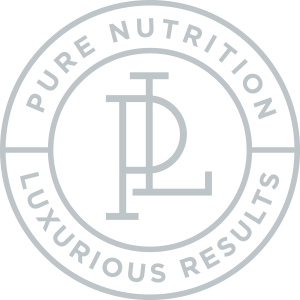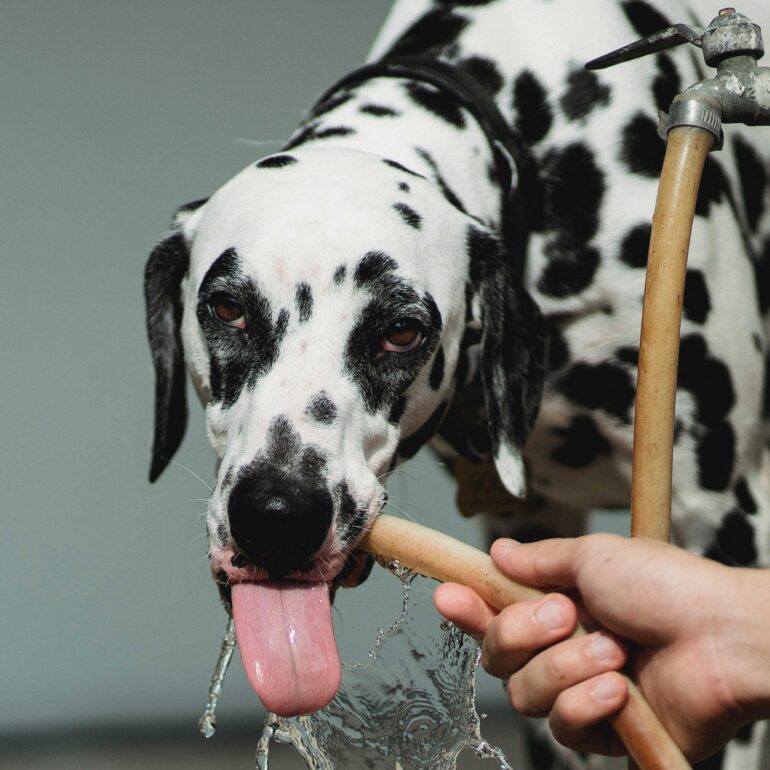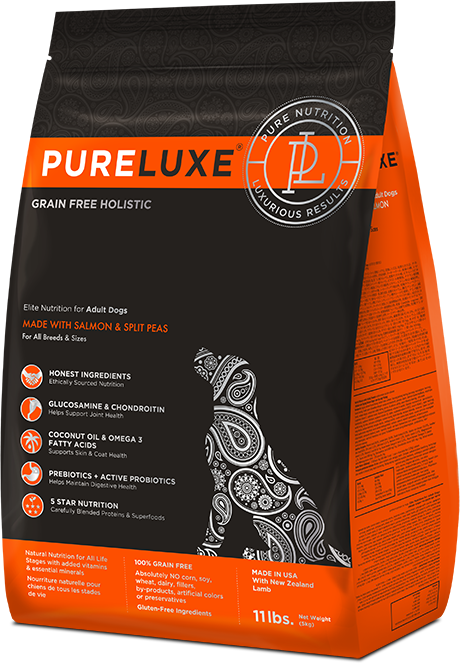We all worry about our dogs when they’re not well, and something we hopefully won’t see is excessive thirst or urination (polyuria/polydispia or PU/PD). According to experts, there are at least 25 reasons for this occurring. We’d like to list some here and then discuss how you might prevent some of this in the first place. Also, be sure to consult with your vet if you notice any odd behavior or health concerns in your pet. Bear in mind that the weather is getting hotter as we approach summer. Your dog might be wanting more water for that reason.
Common reasons for PU/PD after taking a urine sample:
1.) Chronic kidney disease
2.) Diabetes mellitus (issue with blood sugar)
3.) Cushing’s syndrome (overactive adrenal glands)
If the urine test comes back positive for any of this (or if it’s determined thru further examination), your vet will prescribe a treatment plan to hopefully get your pup back into shape or at least stabilize the condition. However, did you know that you can try and prevent these conditions? Your dog’s diet could play a huge role.
For example, at PURELUXE Pet Food we make sure to avoid any added sugar or fillers in our formulas that could contribute to diabetes. Additionally, we make sure that any ash content in our formulas is far below the requirements set by the American Association of Feed Control Officials (AAFCO) which promotes a higher pH level in the food to promote healthy kidney function. In fact, we give you a transparency report of your actual batch of food that shows the ash content (among other items).
As you can see, it’s worth taking a look at your pet’s food. Does is have quality ingredients? Is your pet’s food transparent about safety and testing? See all of our formulas at pureluxepetfood.com.
Source
-https://www.whole-dog-journal.com/health/what-causes-excessive-thirst-and-urination-in-dogs/




















